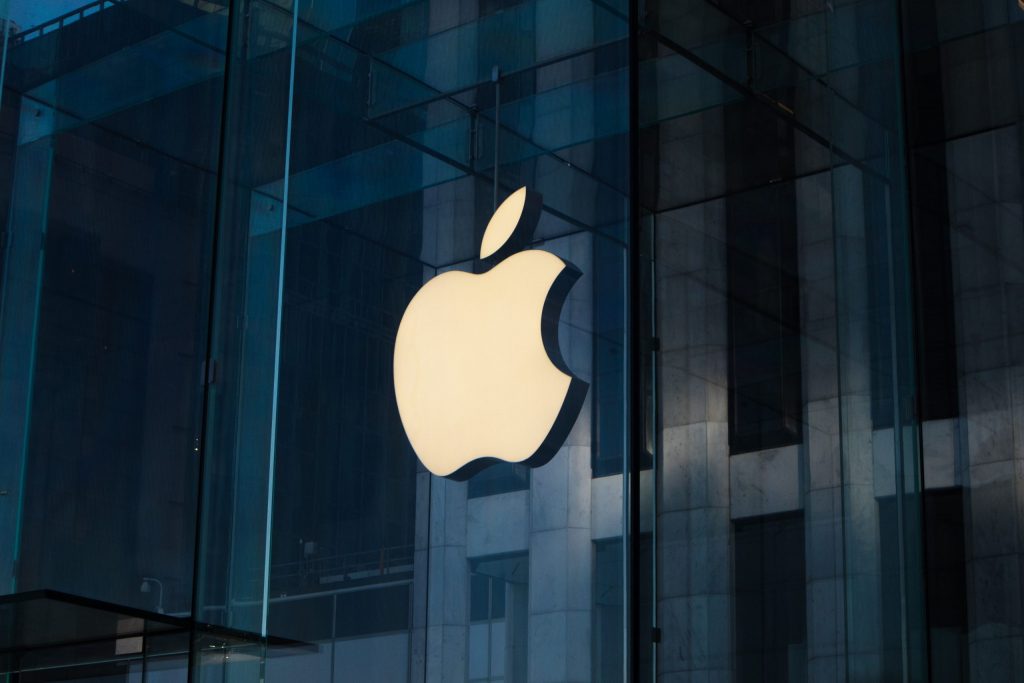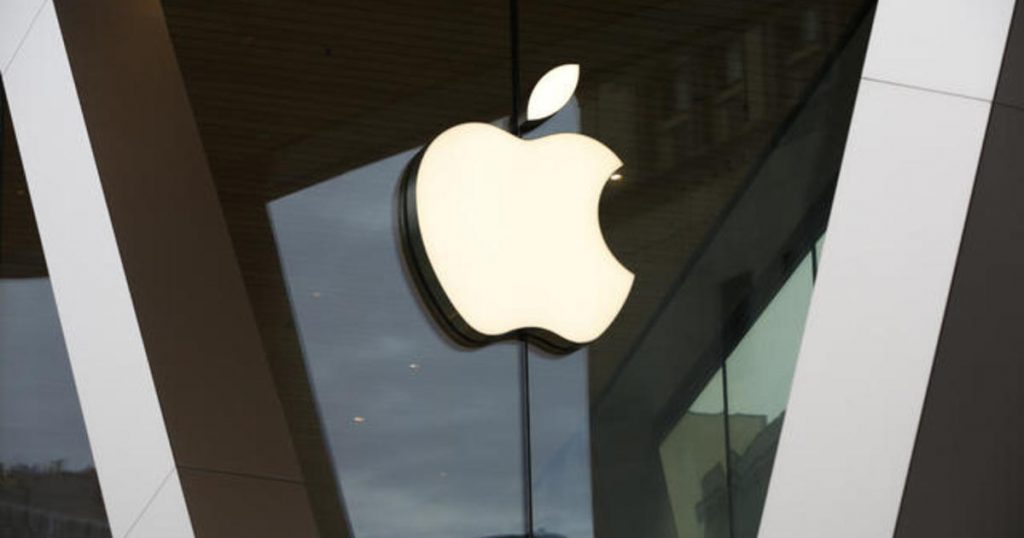In a recent shocking revelation, the University of Toronto-based watchdog group Citizen Lab has uncovered a significant privacy flaw in Apple devices, which has been exploited by the notorious Israeli firm NSO Group’s Pegasus spyware. This alarming discovery came to light while analyzing the Apple device of a team member from a Washington, D.C.-based civil society organization.
“Based on forensic analysis, we attribute the exploit to NSO Group’s Pegasus spyware with a high degree of confidence,” stated Bill Marczak, a senior researcher at Citizen Lab. Marczak also revealed that the spyware was likely detected due to an error in the attacker’s installation process.
This discovery has ignited fresh concerns regarding the extensive capabilities of NSO Group’s spyware and its potential consequences for civil society and individual privacy. The NSO Group has been under scrutiny and blacklisted by the U.S. government since 2021 for alleged unethical activities, including unauthorized surveillance of government officials and journalists.

Apple has verified Citizen Lab’s findings and recommended using the “Lockdown Mode,” a high-security feature on Apple devices, to effectively block this particular exploit. “Civil society once again proves to be an early warning system against highly sophisticated cyber-attacks,” said John Scott-Railton, another senior researcher at Citizen Lab.
While Citizen Lab did not disclose specific details about the affected individual or institution, it was evident that the vulnerability could compromise iPhones running the latest iOS version, 16.6, without requiring any interaction from the victim. In response, Apple has released updates to patch the identified flaw. However, the tech giant has refrained from offering additional comments on the matter. NSO Group, on the other hand, remained cryptic in its response, merely stating, “We are unable to comment on allegations lacking supporting research.” Apple confronts both business issues and the ramifications of this spyware finding. Following a decree from Beijing ordering central government employees to stop using iPhones at work, shares of Apple and several of its suppliers have seen a dip. Analysts speculate that this choice may have been motivated by U.S. penalties imposed on the Chinese smartphone maker Huawei. There are also rumors that Apple would be looking into India as a potential manufacturing hub.

The arrival of Apple’s new iPhone models, which are expected to lack significant technical advancements and may have higher prices, might also present difficulties for the corporation in its home market. Analysts like Landsberg urge investors to look for value in international markets rather than adopt a narrow mindset.
In line with European Union regulations, Apple is also set to replace its proprietary Lightning charging port with a USB Type-C port on iPhones, starting with the upcoming iPhone 15 series. This move aligns with an EU mandate aimed at standardizing charging ports and reducing electronic waste, potentially saving consumers millions annually.
In the wake of these developments, Apple, a tech giant valued at $3 trillion, faces a complex landscape of security challenges, international pressures, and product evolution as it strives to adapt and maintain its position in the global tech market.


